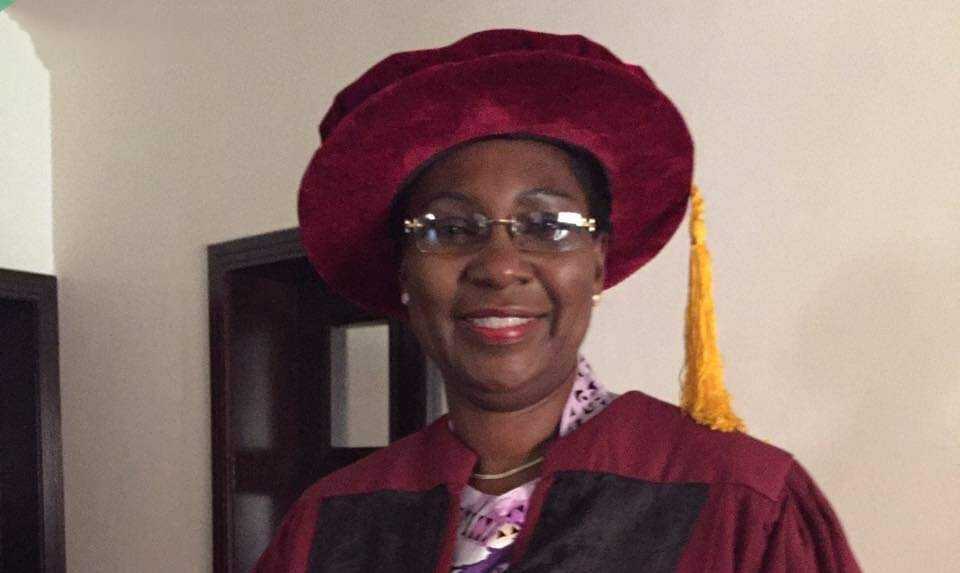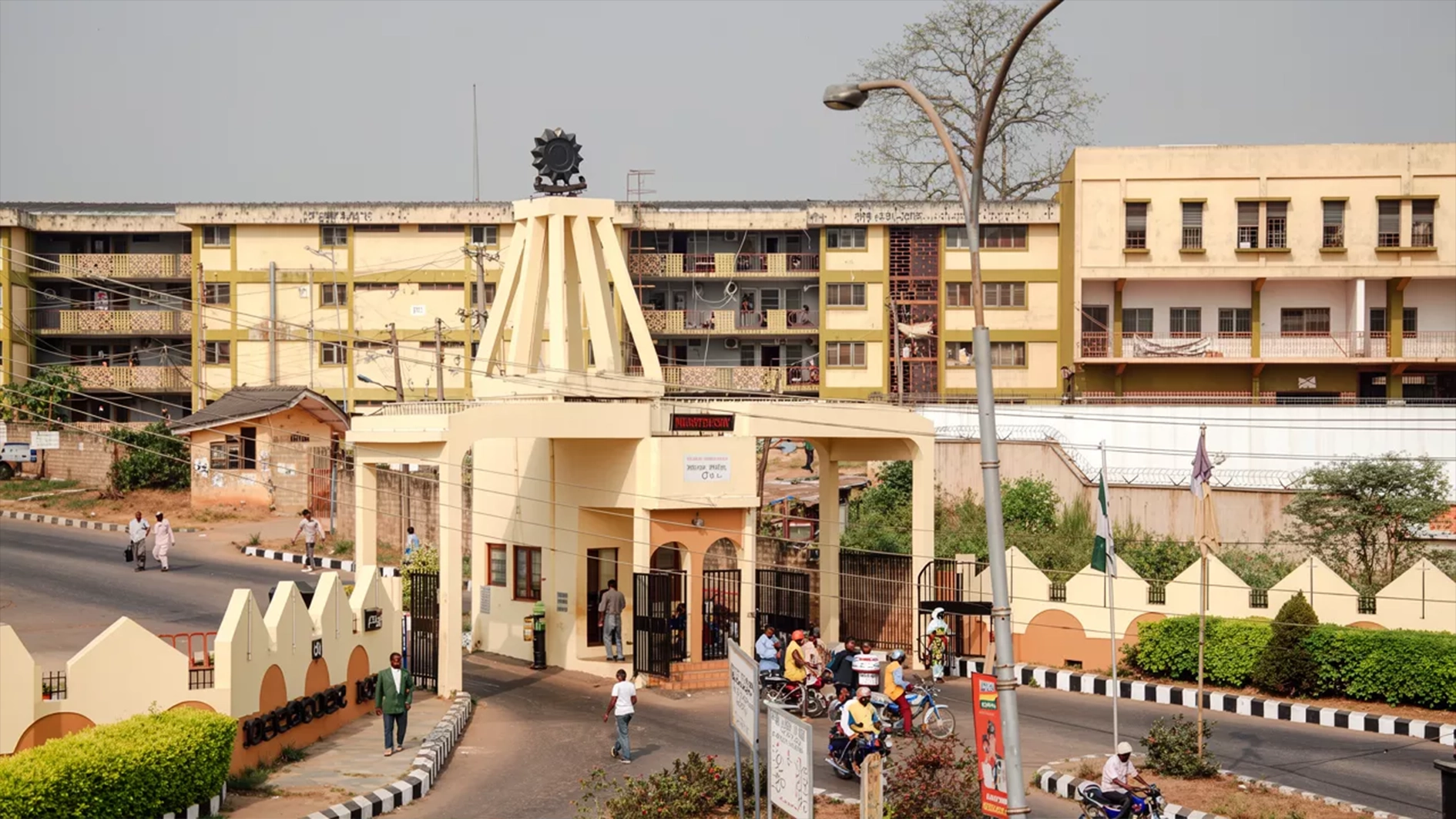
But since the advent of university education in the country, only a handful of females have become vice-chancellors. Despite having about 200 institutions, the system cannot boast of producing 25 substantive female vice-chancellors, either from the public, faith-based or private institutions.
Teaching and learning industry is generally perceived as female-dominated, but this trend changes within the career trajectories of women as their representation begins to decline in a higher academic environment, and more so at the senior management level.
Could this be as a result of choice or circumstances? Is it that the system and the society have no confidence in women occupying such positions or is it a fallout of usual gender inequality?
In some parts of the country, people are still clinging to some old patriarchal values, believing that only men should take the lead while women follow. This has resulted in women working twice as hard to reach the same place where their male counterparts get, to navigating through minefields and roadblocks placed on their paths.
Prof. Grace Alele-Williams, the first female vice-chancellor in the country, once remarked that her appointment was a test case to demonstrate women’s executive capability.
Since breaking the record in 1985, other female vice-chancellors, such as Sidi Osho, Peace Babalola, Comfort Ekpo, Fatima Mukhtar, Aize Obayan, Jadesola Akande, Oluwayemisi Obilade, Lilian Salami and Florence Banku Obi have emerged.
After months of internal political wrangling, Lagos State Governor, Mr. Babajide Sanwo-Olu, last week, named Prof. Ibiyemi Olatunji-Bello as the 9th vice-chancellor of Lagos State University (LASU). Olatunji-Bello, who is the first Professor of Physiology at the institution’s College of Medicine, Ikeja, was a former acting vice-chancellor of the university between January and October 2011.
Among those presently doing great things as VCs are Angela Freeman Miri, the Vice-Chancellor of Federal University, Lokoja (FUL), Kogi State, and Adaobi Obasi, the first female Vice-Chancellor of Imo State University (IMSU).
There had also been Prof. Folashade Ogunsola, who acted as vice-chancellor of the University of Lagos (UNILAG). The latest is Nnenna Oti, who was appointed on April 13, 2021, beating six others to emerge VC of Federal University of Technology Owerri (FUTO). These women have defied the odds and distinguished themselves in male-dominated academic environments.
Given the way the appointment of vice-chancellors has become controversial, messy and complicated in many institutions, observers believe women are missing out due to environmental, cultural and partisan considerations, more than competence and experience.
This tradition, however, is not peculiar to Nigeria as reports revealed that women are also underrepresented at the topmost level in United Kingdom’s (UK) higher education system.
According to a report, in the UK higher education system, less than 15 per cent of vice-chancellors are women, even when they make up 51 per cent of the general population, 50 per cent of early career academics and 60 per cent of higher education students.
Speaking on what could be responsible for the low number of women occupying VC seats, former presidential aspirant and academic, Prof. Remi Sonaiya, said the situation is not different from the general trend in the country, where women are not generally seen in leadership positions, at least for public institutions. She said this is an area that remains a challenge for the nation.
Sonaiya faulted claims that there is an inadequate number of female professors in the country.
“Of course, there are many qualified female professors in our universities. As you know, the number of female academics is increasing, and several of them are making their mark in their various fields of specialisation. But like I already said, we still have a problem as a nation with having women in positions of leadership.”
Speaking on whether it is gender discrimination, the don said it is more of a problem with the system the country is running, which does not prioritise merit. “People tend to get into positions through contact. There is not always fair access or equality of opportunity for all.
“I have always advocated a merit-based system of governance and management. When your primary goal is to find the best person for the position, you will see that there would be a fair representation of both genders – because there are abilities between both genders. Let us stop this system of putting people in positions just because of the contacts they have. That is a major reason why we remain a poorly governed and undeveloped country,” she said.
Dean, Faculty of Education, Lagos State University, Prof Tunde Owolabi, agreed that males outnumber females in administration, especially for the position of vice-chancellor. He, however, stressed that the position of university administrator should not be based on gender or such biases.
According to him, the process of appointment of a vice-chancellor requires that interested candidates show intention by applying and competing through interviews.
“Same process is used for interview and three best ones are recommended, out of which one is chosen. This implies that females have not shown enough interest in administration. The starting point is for females to apply in number just like males. Intellectual wise, they are not inferior.
“It can be argued also that there are far more males in the profession than females except in the Faculty of Education. Of course, this gulf has its telling effect on how many could apply. Ditto such positions as Dean and Deputy Vice-Chancellor. To become a vice-chancellor, you need to be intellectually sound and earn the respect of fellow academics, possess enough administrative experience and confidence in the ability to lead others. You must also be a team player. These qualities are present in virtually all of our female professors but no self-conviction and willingness in many others.”
Owolabi advised that if a woman emerges among the three best candidates shortlisted for VCship, they should be given a concession to occupy the seat to rekindle their interest in the position.
Professor of Environmental Sustainability and Deputy Vice-Chancellor, Academic, Research, Innovations, and Partnerships (ARIP), Osun State University, Prof. Anthony Kola-Olusanya, said there is no gender discrimination in any university anywhere in the country as no institution would prevent women from attaining any leadership position.
Kola-Olusanya said: “Most of the time, we look at the position of VC, ignoring the lower levels, there are female deans, head of departments and directors. So, when we talk about university leaders, we should not just look at the office of the VC as the only one where we don’t have women. It is also impossible for us to compare the percentage of male academics against female academics and conclude that women are experiencing discrimination. So we must not look at that office alone. If we are to talk about gender discrimination, if it exists, then maybe we won’t have any female VC at all.”
“There are many levels of leadership in the university, and it is not just the VC position alone that women can occupy. For instance, in my university, we have more women onboard holding different leadership positions across the departments, faculties, and colleges. For example, we have two newly appointed female provosts of colleges; we also have deans, HODs and Directors that are women. In addition, we have directorates where we have both the director and deputy director as women. If the University of Osun, as young as it is could have this amount of women representation, I believe older institutions would have more.
“At the University of Ibadan (UI), for instance, the number of women professors is almost more than that of men in other younger universities. Nothing stops a woman from leadership. If a woman can be dean, provost, HOD or director, then they can be VC. I think it is just a question of time for us to experience a huge increase in the number of women vice-chancellors,” Kola-Olusanya added.






